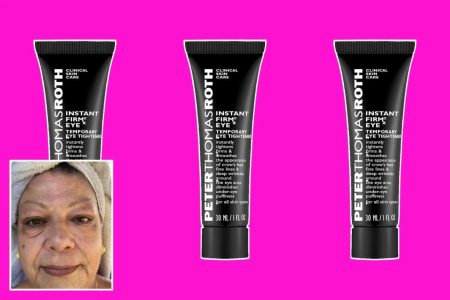Staying hydrated is essential for overall health and wellbeing, yet many people struggle to maintain proper hydration levels. Dehydration can lead to a variety of health problems, including impaired organ function, hormone imbalance, decreased energy levels, and poor digestion. It can also contribute to stress, anxiety, depression, and poor sleep quality. Nutritionists Kimberly Snyder and Rhian Stephenson emphasize the importance of staying hydrated and offer tips for optimal hydration.
Individual hydration needs vary based on factors such as body weight, activity level, and environmental conditions. While the traditional recommendation of eight glasses of water per day is a good starting point, Snyder suggests a more personalized approach. She advises women to consume around 1.7 liters of water daily, while men may need approximately 3.7 liters. Calculating water intake based on body weight can provide a more accurate guideline for hydration.
In addition to drinking water, electrolyte balance is crucial for proper hydration. Electrolytes play a vital role in hydration, and imbalances can worsen dehydration. Foods and beverages that can disrupt electrolyte balance include coffee, alcohol, exercise, and low-carbohydrate diets. To support hydration, it is important to consume electrolyte-rich foods and beverages to maintain proper balance.
Drinking room-temperature water is more hydrating than cold water, as the body requires less energy to absorb it. This can aid in digestion and the body’s hydration process. Starting the day with hydration is key to maintaining proper fluid levels throughout the day. Drinking water first thing in the morning can help boost energy levels and support the body’s cleansing process. Additionally, consuming water between meals rather than during meals can prevent dehydration and support optimal digestion.
Eating water-rich foods, such as cucumbers and celery, can also contribute to hydration. These foods are high in water content and essential nutrients that support overall health. Incorporating these foods into your diet, such as in a smoothie, can help keep you hydrated and nourished. Avoiding ultra-processed foods, which are high in sodium, sugar, and low in water, can help prevent dehydration and inflammation in the body.
To maintain hydration, it is important to compensate for diuretics such as caffeine and alcohol by increasing water intake. Consuming potassium and magnesium-rich foods can also support electrolyte balance and hydration. Carrying a reusable water bottle as a visual reminder to drink water throughout the day can help maintain hydration levels. Drinking coconut water or other hydrating beverages can provide additional electrolytes and hydration support, especially in hot climates. By following these tips and incorporating hydrating practices into your daily routine, you can support optimal hydration and overall health.














